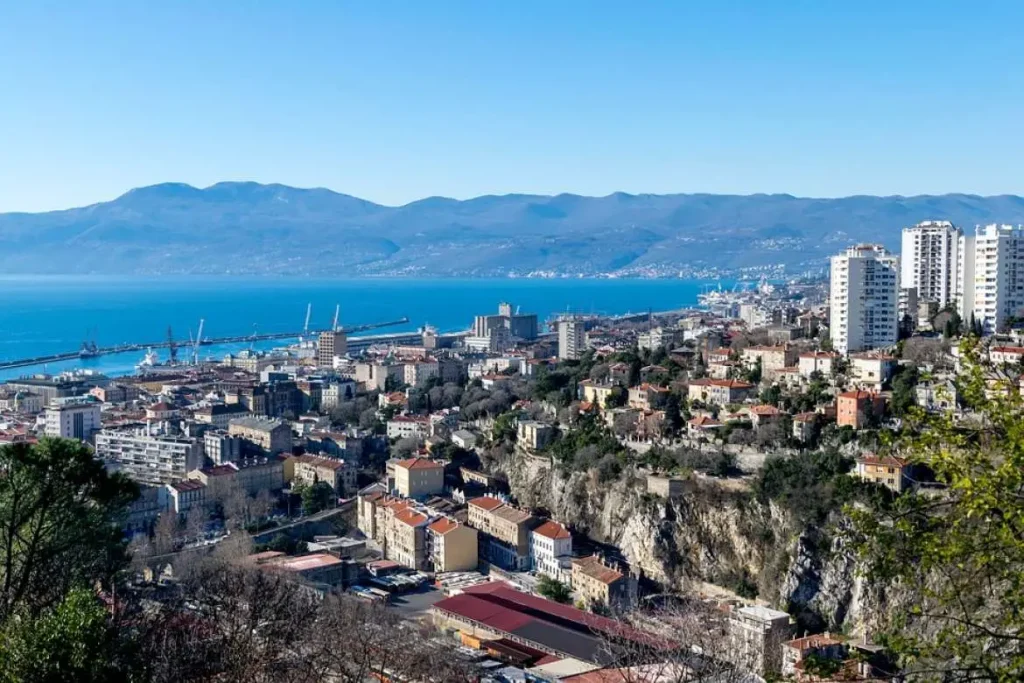The curriculum “School and community” is intended for second and third-year secondary school students.
The curriculum was devised by Rijeka University, the Zagreb-based Institute for Social Research and the high school from Rijeka participating in the pilot project.
Rijeka University Rector Snježana Prijić Samaržija said that the initiative for Civic Education and the relevant curriculum originated in Rijeka, with the university having launched work on a concept of civic education for secondary school students, aware of an evident deficit of democratic competencies among young people.
She said that in defining the concept, experts followed the best examples in Europe and the rest of the world.
The Centre for Peace and Conflict Studies participated in creating the concept on behalf of Rijeka University.
The pilot project covers 14 third-year students of Rijeka’s 1st High School. Its principal, Jane Sclaunich, said students participated in creating the curriculum, choosing topics they were interested in and researching them.
“There is no alternative to democratic citizenship,” she said.
Civic Education as elective subject
Since the curriculum was presented to representatives of other high schools from Rijeka and Primorje-Gorski Kotar County, the organisers said they expected several more secondary schools to show interest in participating in the project as of the next school year.
After an additional academic year, the three institutions working on formulating the Civic Education curriculum will propose the curriculum to the Education and Teacher Training Agency to make it an elective subject.
Students to become active in community, learn to accept differences
The director of the Institute for Social Research, Boris Jokić, said that the curriculum would be taught for 70 classes per school year or two classes weekly.
The goal is for students to become active in their community, develop social skills, empathy and tolerance for differences, he said.
At the start of the school year, students will be able to choose a problem in their community to deal with, from the fields of culture and media, physical activity and sports, health, democracy and civil society, migrations, urban development and housing, social equality, economy, environment, or human rights.
After they think about the problem, students will research as many of its aspects as possible, gain a personal experience and put forward solutions, said Jokić.










